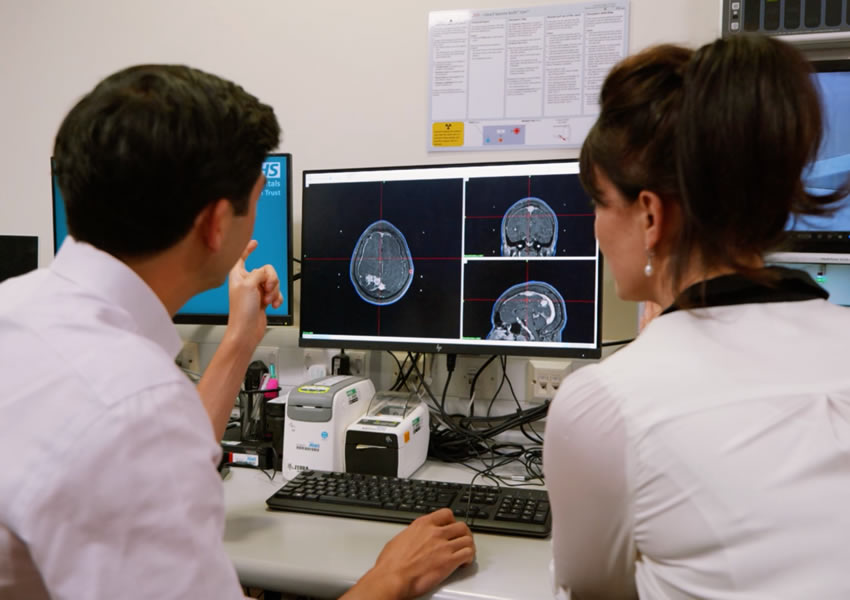By: Kim Hemphry
Traumatic accidents could precipitate numerous debilitating, painful and potentially even life-altering injuries. One such issue is known as whiplash.
Those diagnosed with this condition might be entitled to compensation from parties whose negligent actions allowed the whiplash-inducing incident to occur. That said, proving this event is part of a significant, multi-step legal process.
Foyle Legal, a whiplash claims law firm located in Perth, invites residents of this city and its suburban areas to continue reading to learn more about whiplash, in addition to 10 tips individuals can employ to strengthen personal injury cases based upon said issue.
Whiplash Overview
Whiplash is a serious neck injury occurring when an individual’s head is forcefully, rapidly, and abnormally shifted back and forth.
Causes
Typically, whiplash results from automobile accidents. However, the condition might also be precipitated by events such as falls.
Symptoms
In many instances, whiplash’s physical manifestations appear within hours to several days after the inciting incident and could include gradually worsening neck pain, decreased range of motion in the neck, dizziness, headaches, discomfort radiating into the shoulders and upper arms, and tingling in the arms or hands.
More severe cases could lead to occurrences like vision problems, insomnia, cognitive function issues such as memory loss and concentration difficulties, a ringing in the ears, and depression. Furthermore, some people’s symptoms become so severe, executing routine daily functions grow challenging.
Proving A Whiplash Claim In Civil Court
Winning a whiplash claim in civil court is seldom a simple process. The first step in a successful personal injury case is demonstrating another party’s irresponsible or malfeasant behavior contributed to the accident in question.
However, a claimant and their legal representation must prove other notable issues to a ruling body such as a judge or jury. First, injuries sustained must be tied to the incident and no other existing medical or physical cause. Moreover, any damages the claimant seeks has to be connected to injuries such as whiplash.
Case Outcome-Strengthening Tips
Claimants can fortify their arguments by adhering to the following 10 suggestions:
Seek Medical Care
Arguably, the most critical evidence a whiplash claimant can present is a swift medical diagnosis. Prompt evaluation by a licensed healthcare provider is key to addressing associated symptoms and establishing a firm diagnosis.
Gather All Pertinent Medical Evidence
Once a diagnosis is made, claimants are encouraged to obtain copies of their medical records. Documents reviewed and signed by a physician often prove valuable.
Obtain Legal Evidence
Successful cases are often predicated on a plaintiff’s ability to procure legal evidence as well. Such material includes police reports for traffic accidents or incident reports for other types of mishaps, photos of the accident scene, and a concise written account of the events leading up to the event in question.
Find Credible Witnesses
Solid evidence is often augmented by credible eyewitnesses. Said individuals can be called upon to explain the events as they occurred and corroborate the claimant’s account.
Follow Prescribed Treatment
Certain instances of whiplash are severe and necessitate treatment plans often consisting of medication or physical therapy. Following proper dosages and attending therapy sessions is not only significant to regaining one’s health but in showing adjudicating subjects the claimant sustained a discernible injury.
Provide Testimony From Close Relations
Testimony from relations such as family, friends and co-workers regarding how a whiplash injury impacted their association could yield favorable civil outcomes. Sometimes, close observers are better able to convey an injury’s severity and the impact said occurrence has on the victim better than the victim could.
Notify Insurance Provider
In instances involving car accidents, the victim needs to notify their insurance provider. Policyholders have the legal obligation to inform carriers an incident took place.
Consult With A Personal Injury Attorney
Whiplash victims should consult with an accident lawyer as soon as possible. Said legal professional can review the case’s facts, determine if the claimant has a legitimate argument, and decide the most befitting next steps.
Initiate A Civil Claim Immediately
Should their attorney opine the claimant has a viable case, a civil action should be introduced as soon as possible. Any hesitation significantly questions the proceeding’s validity.
Speak To No One About The Case
Claimants are firmly urged to not speak about the case publicly. Engaging in such action could have severe repercussions and seriously damage their credibility.
Contacting Us
Though whiplash is a potentially serious injury, it is rarely an open and shut civil matter. However, by following the preceding tips, one’s chances of recovering compensation for accident-related injuries appreciably increase.
Foyle Legal has handled countless whiplash cases and enjoys a solid track record garnering clients favorable outcomes. Please visit https://foylelegal.com/personal-injury/ for more about us.
About the Author:
Kim Hemphry is a passionate expert in the areas of Legal Matters, learning and education. She has been featured on over 50 leading Legal and education sites and is a modern thought leader in the field. More about her interests and articles on her site – http://kimhemphry.com/.





